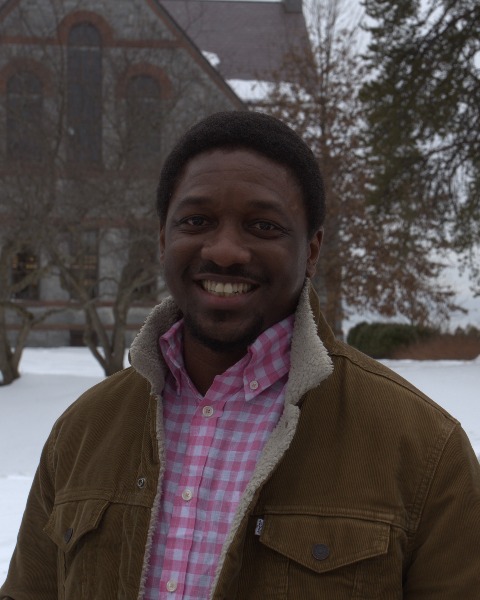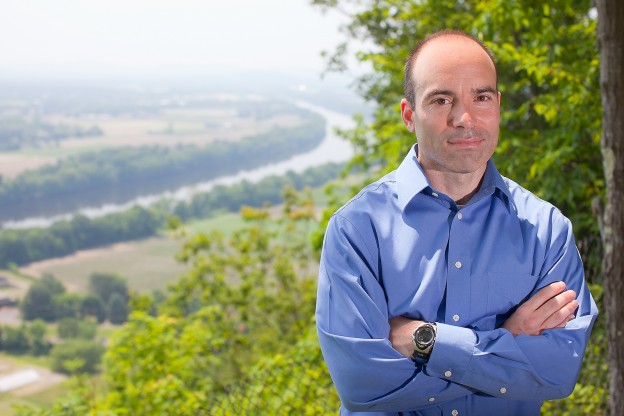Poster
Planning and Management
Poster Session - Available Sunday PM - Wednesday PM
URG-Futures - A stakeholder-driven tool to evaluate climate adaptation options for the Upper Rio Grande river basin
Poster Session
Room: Grand Foyer

Chinedum Eluwa
PhD Candidate
University of Massachusetts, Amherst
Casey Brown
Professor
University of Massachusetts Amherst
Author(s)
Co-Author(s)
The Upper Rio Grande river basin faces severe challenges from climate change, changing populations, industrial development, and other socioeconomic trends. Stakeholders from both public and private sectors request future projections of water resource availability to enable them to prepare for these future changes. Stakeholders also require future simulations of infrastructure operations, interstate compact compliance, levels of satisfaction for Native American rights, agricultural withdrawals, and other indicators of environmental sustenance.
For this purpose, we present URG-Futures. URG-Futures is a planning tool that reflects the combined effort of over 100 river basin stakeholders and academic analysts. These stakeholders articulated desired objectives, provided existing models and data from both private and public institutions, and finally, guided the analysts to organize the information into a coherent analytical framework.
This presentation will outline the stakeholder elicitation process, the key features of model co-development, and offer a demonstration of the resulting water resources planning tool in an evaluation exercise of adaptation options intended to address stakeholder concerns. In addition, we present details of the tools that constitute the analytical core of the URG-Futures framework: the climate scenario generator, the hydrologic model, the agricultural crop model, the infrastructure operations model, and the municipal water use and demand models.
Finally, we demonstrate the tool’s main utility i.e. identifying the most promising set from a collection of stakeholder-defined options. As part of the demo, we show how we use the model results to facilitate iterative conversations with the basin stakeholders. We also highlight specific challenges related to discussing model results with stakeholders
For this purpose, we present URG-Futures. URG-Futures is a planning tool that reflects the combined effort of over 100 river basin stakeholders and academic analysts. These stakeholders articulated desired objectives, provided existing models and data from both private and public institutions, and finally, guided the analysts to organize the information into a coherent analytical framework.
This presentation will outline the stakeholder elicitation process, the key features of model co-development, and offer a demonstration of the resulting water resources planning tool in an evaluation exercise of adaptation options intended to address stakeholder concerns. In addition, we present details of the tools that constitute the analytical core of the URG-Futures framework: the climate scenario generator, the hydrologic model, the agricultural crop model, the infrastructure operations model, and the municipal water use and demand models.
Finally, we demonstrate the tool’s main utility i.e. identifying the most promising set from a collection of stakeholder-defined options. As part of the demo, we show how we use the model results to facilitate iterative conversations with the basin stakeholders. We also highlight specific challenges related to discussing model results with stakeholders
